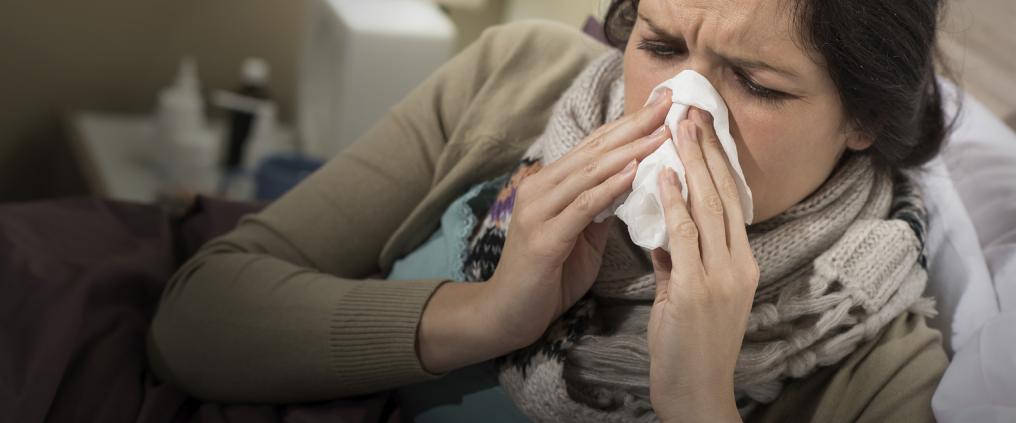Every autumn, newspapers and websites brim over with advice and tips for preventing colds and flu. Some recommend giant doses of vitamin C, while some believe in garlic.
However, in spite of much news coverage, no scientific base for any of these remedies exists. Single research results are often cited as proof, but there is no scientific evidence backing up the efficiency of any other preventive method than hand-washing. For such evidence to be reliable, it should be obtained from clinical tests that are randomised and involve a large sample of subjects.
High doses of vitamin C, for instance, are not scientifically proven to be useful, but regular standard doses of 75 mg a day have been shown to shorten the duration of a cold.
On the other hand, if you feel garlic, vitamins, herbal remedies, or even light therapy make you feel better, by all means do use them.
As always, moderation is important. Although vitamin C is a water-soluble vitamin, very high doses can still impair kidney function. The same applies to over-the-counter pharmacy products: excessive consumption of drinks for cold or flu may even lead to a state of acetylsalicylic acid toxicity, or aspirin poisoning.
Get plenty of sleep before travelling
Boosting your general immunity levels is a good way of preventing colds and flu. Reasonable amounts of exercise and sleep are essential for this.
Everyone knows that cold symptoms seem just to appear out of nowhere after a few nights without proper sleep. If your flight departs in the early hours of the morning, you can prepare by ensuring you sleep as well as possible for at least two nights prior to your trip.
Stress and excessive sport can burn the body’s protective agents, allowing a cold to attack without much resistance.
If you have any cold symptoms, you should, of course, get appropriate treatment before you fly. There are plenty of over-the-counter products available.
For example, nasal drops can bring relief to a stuffy nose before you fly and thus be helpful even though they can't shorten the duration of the cold as such.
It's a good idea to start using the drops a few days before you fly. Some preparations can make the flight much more comfortable, so you should start thinking about what you can do before you step on the aeroplane. Timing is key.
Breathing masks can't prevent colds or flu
The probability of contracting a cold or flu from air conditioning during the flight is very slight. Contrary to common belief, the same air is not circulated throughout the entire cabin, but the air conditioning system functions in blocks of a couple rows.
The risk of contracting a virus is the same as in other public transport. It is much more probable to catch a cold when the person sitting next to you sniffles and sneezes than through the air conditioning system.
A useful thing to bear in mind is that efficient air conditioning makes the air in the cabin extremely dry, so you should keep drinking water, possibly also protecting yourself from drafts with a scarf.
A breathing mask cannot protect you from colds or flu, since you will still breathe in some air from underneath the mask. However, using a mask is considerate to your fellow passengers if you are suffering from a bad bout of cold, as it would prevent them from catching your cold.
